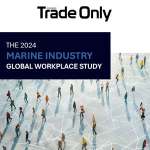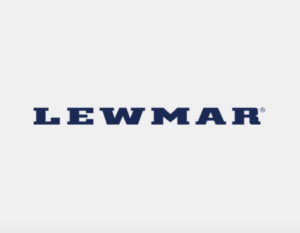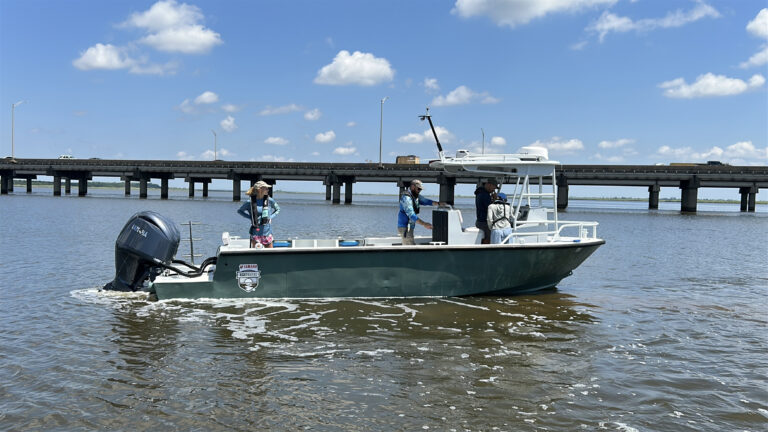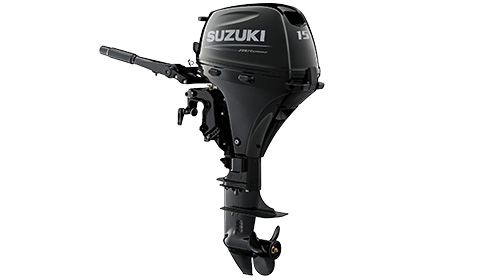The latest wave of U.S. tariffs imposed this week, and those that went into effect yesterday, sent international leaders scrambling for waivers and left many businesses caught in the trade war crossfire. President Trump imposed new levies on more than 90 countries, including increased rates on India, Brazil and Switzerland, The New York Times reported.
Taxes on imports from India jumped to 25%, but may double, as a penalty to the country for buying Russian oil. Brazil is subject to a 50% tariff on its exports. For Switzerland, U.S. duties on its arriving goods now sit at 39%, the Times story said.
Some important U.S. trading partners have brokered deals to set their tariffs at 15% to 20%. That group includes the 27 countries in the E.U., as well as Japan, South Korea and Vietnam. Threats on other products, such as computer chip imports, are in the offing.
In a statement calling for certainty in trade relations, Eric Hoplin, president and CEO of the National Association of Wholesaler-Distributors, said, “We appreciate the administration’s efforts to secure new trade agreements and applaud recent progress with several key allies. However, many businesses had paused purchasing earlier this year, hoping for relief with new trade agreements.”
The shifting tariff landscape has upended expectations in marine businesses and reintroduced uncertainty across the industry, a number of leaders told Trade Only Today in recent comments.
Chris Ponnwitz, CEO of Mack Sustainable Energy, a division of Mack Boring & Parts which distributes ePropulsion, Scania and many other marine brands, told Trade Only Today, “The ongoing impact of tariffs across North America is creating significant challenges for distribution and dealer businesses. The unpredictable nature of tariff fluctuations makes it extremely difficult to plan inventory, pricing, and long-term strategy. This uncertainty can disrupt supply chains, compress margins, and force businesses to operate reactively instead of proactively —ultimately weakening confidence and growth potential throughout the market.”
Rob Shane, public affairs manager at the American Sportfishing Association, expressed the same note of concern about the uncertainty in markets now. “The biggest thing we are still hearing from around the sportfishing industry is how difficult it is to make long-term plans and investments with all the uncertainty and changes.”
From Europe, Gabbi Richardson, founder of Yachting Ventures, a start-up accelerator for marine businesses, told Trade Only Today, “We’re noticing a clear decline in interest from the European startups we work with when it comes to prioritizing the US as a scale-up market. In the past, given its sheer size, the US was almost always featured in pitch decks as a key expansion target. Now, with tariffs creating so much uncertainty, startups, already navigating their own inherent risks, are reluctant to commit resources to such a perceived volatile market. However, we’d still encourage startups to prioritize the US and a great way to do this without major cost implications or risk is to join us at IBEX in October and participate in our Start-Up Pavilion and pitch competition.”
From Canada, one of the U.S. marine industry’s leading trade partners, the executive director of NMMA Canada, Marie-France MacKinnon, told Trade Only Today, “The full impact of the current tariff landscape is still unfolding, but we are already seeing pressure on Canadian marine manufacturers and dealers as they navigate cost increases, parts delays, and ongoing supply chain uncertainty.”
“Many Canadian businesses source key components from both the U.S. and global suppliers, and any tariff-related disruptions can ripple through the entire system — raising prices for consumers and challenging delivery timelines, among other impacts,” she added. “The most pressing concern right now is unpredictability. The shifting tariff policies make it difficult for businesses to plan, invest, and grow with confidence.”
MacKinnon says the CUSMA provision continues to provide critical stability, ensuring that Canadian-made boats and marine products remain tariff-free when exported to the U.S.
“NMMA Canada urges both governments to maintain a coordinated, sector-specific approach that protects jobs, supports innovation, and ensures recreational boating remains accessible and affordable,” she said. “Strong cross-border cooperation is the foundation for long-term growth of the marine industry and the broader North American economy.”
While the Trump administration is touting the billions of dollars tariffs are producing, economists are concerned that the price hikes will soon hit consumers and possibly conflict a widely expected Fed rate drop next month.
A report in The Wall Street Journal this week said that the confusion created by tariffs, and the president’s willingness to adjust tariffs at will, mean that uncertainty over access to the U.S.’s vast domestic market is becoming a key feature of the emerging economic order.













